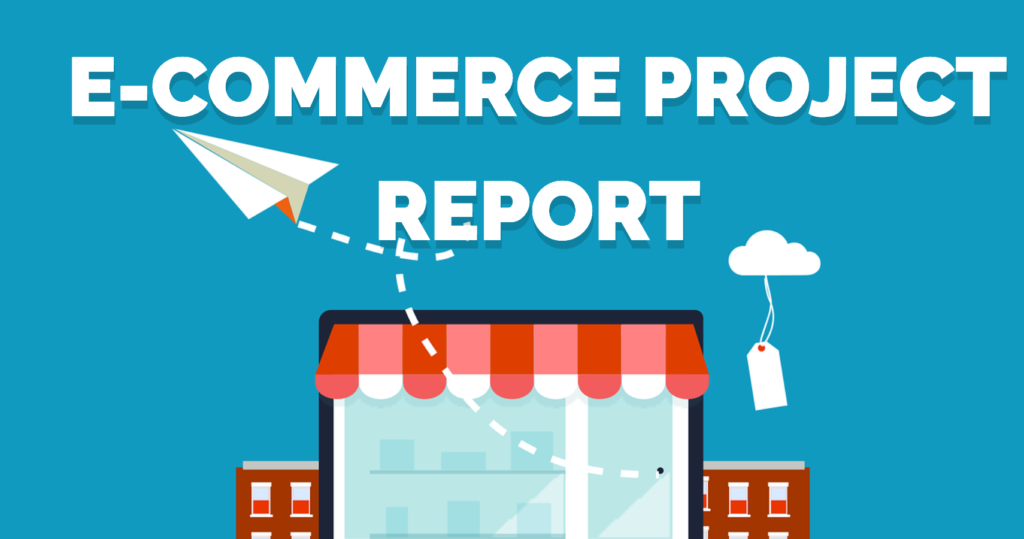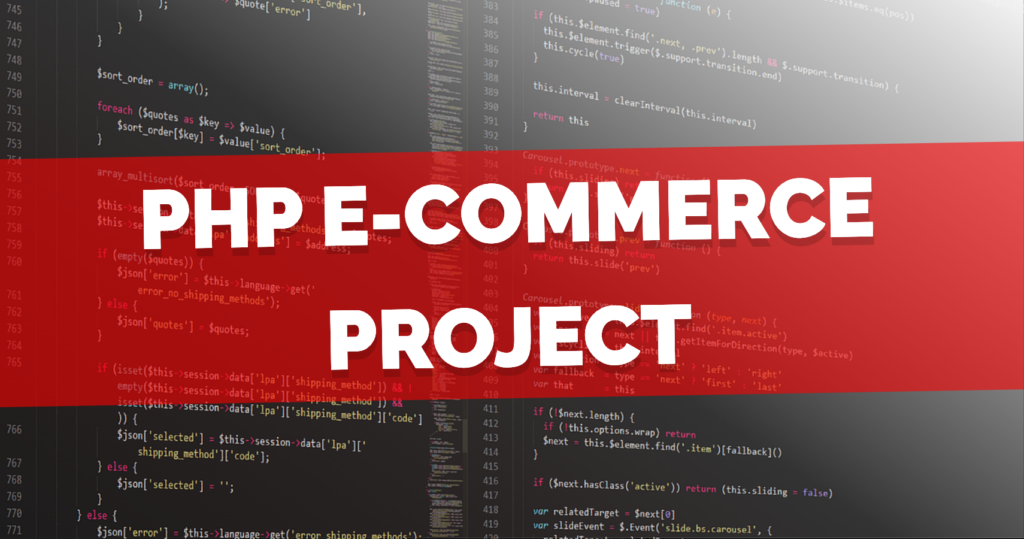Are you on the lookout for a comprehensive example of an e-commerce project report? Look no further! This article delves into a detailed and practical demonstration of an exemplary e-commerce project report, providing insights, structure, and guidance.
Understanding the Project Scope
Before diving into the specifics, understanding the scope of the e-commerce project is crucial. It typically involves creating a virtual platform for buying and selling products or services online. The project report should encapsulate the planning, development, implementation, and evaluation phases.
Key Elements of an E-commerce College Project Report
Executive Summary: Begin with a concise summary highlighting the project’s purpose, methodology, findings, and recommendations.
Introduction and Background: Provide a detailed overview of the e-commerce platform, its objectives, target audience, and the problem it aims to solve.
Methodology: Explain the approach taken to develop the e-commerce platform. This includes software, tools, programming languages, and frameworks used.
Design and Development: Describe the process of creating the platform, focusing on its architecture, user interface, functionalities, and any innovative features incorporated.
Testing and Quality Assurance: Discuss the testing procedures employed to ensure the platform’s functionality, usability, and security. Address any challenges faced and their resolutions.
Results and Evaluation: Present the outcomes of the project, including data analysis, user feedback, and performance metrics. Evaluate the success of the platform against predefined objectives.
Conclusion and Recommendations: Summarize the project’s achievements, key learnings, and provide actionable recommendations for future enhancements or iterations.
Writing the Report : E-commerce project report
When writing the e-commerce college project report, maintain clarity, conciseness, and precision. Use active voice, avoid jargon, and ensure a logical flow of information. Each section should seamlessly transition to the next, maintaining reader engagement.
Final Thoughts
Creating an e-commerce college project report requires meticulous planning, execution, and documentation. By following a structured approach and incorporating the essential elements highlighted in this article, you can craft a comprehensive and impactful report.
In conclusion, this article aimed to provide guidance and insights into creating an exemplary e-commerce college project report. With a strategic approach and attention to detail, you can produce a report that effectively showcases your project’s efforts and achievements.
Remember, an e-commerce project report serves as a testament to your skills and capabilities. By presenting a well-crafted report, you demonstrate your proficiency in conceptualizing, developing, and evaluating an e-commerce platform.







